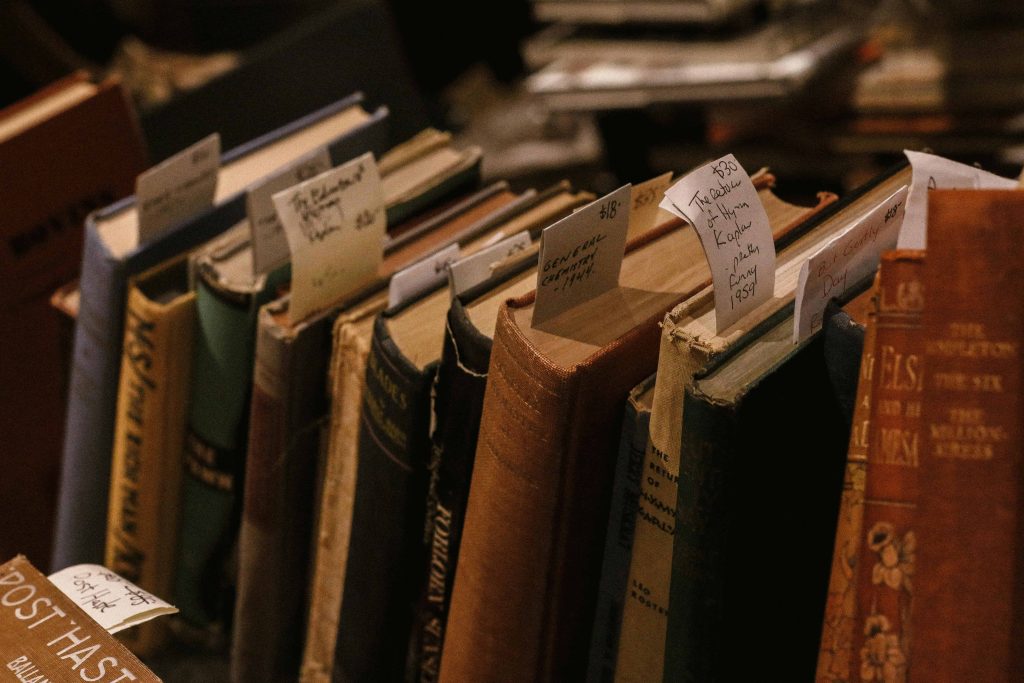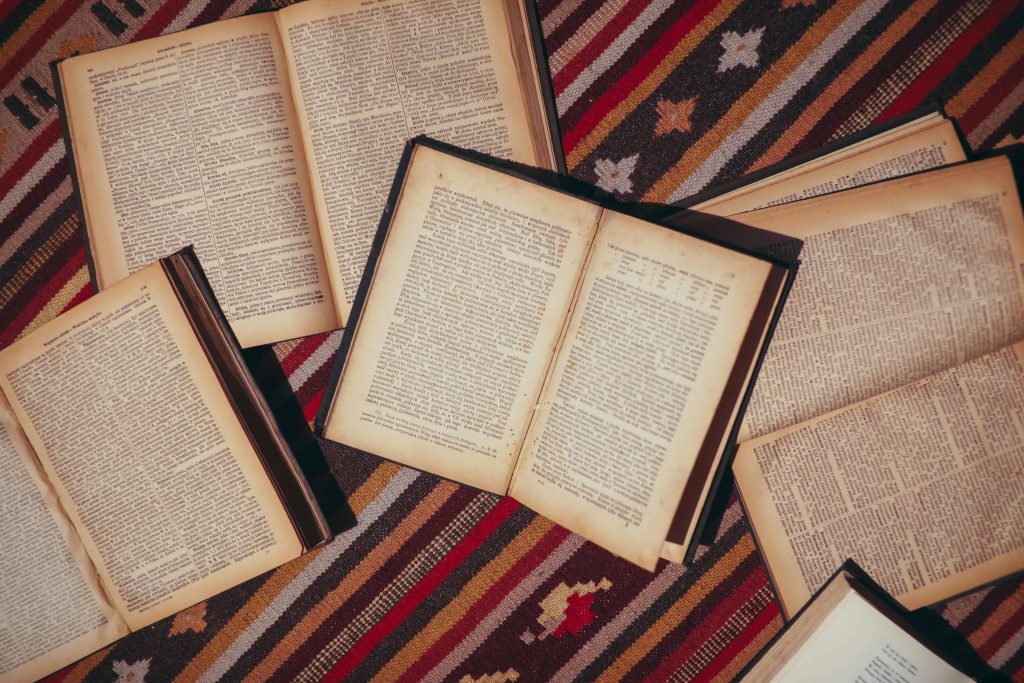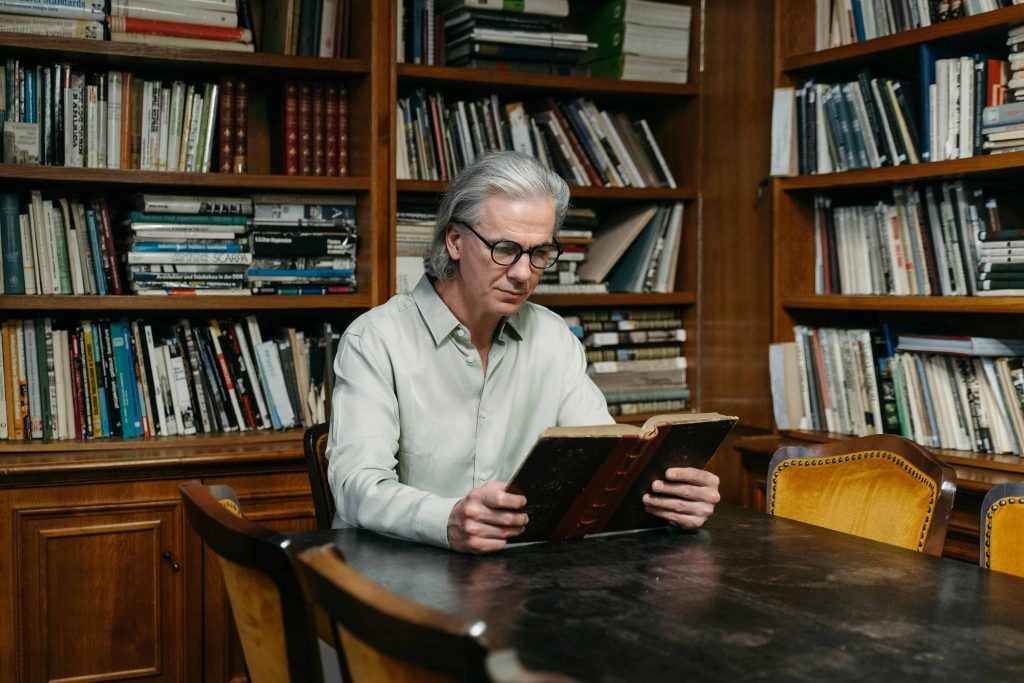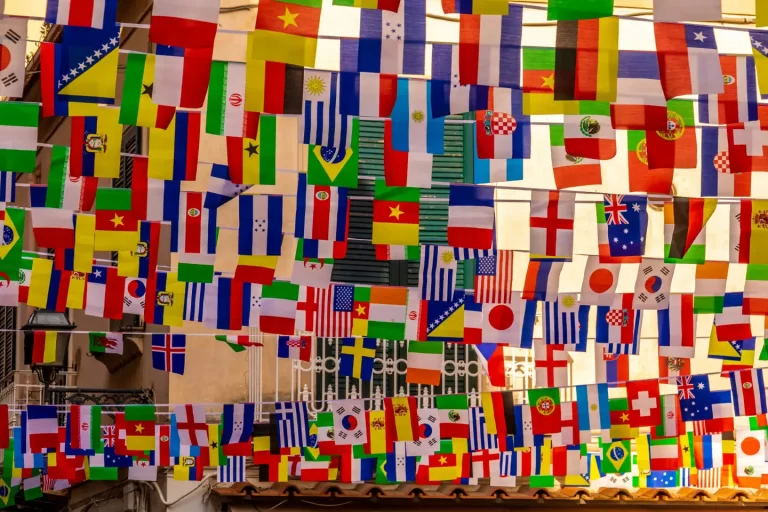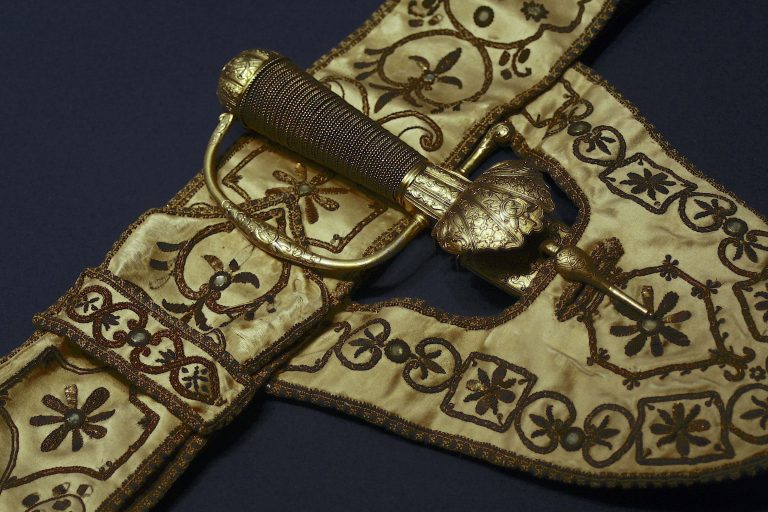The Golden Age of Portuguese Literature (15th & 16th Centuries)
The concept of a “Golden Age” in literature evokes a time of flourishing creativity, intellectual vigor, and artistic excellence. In the context of Portuguese literature, the 15th and 16th centuries represent such a golden epoch, characterized by a remarkable proliferation of diverse literary forms and the emergence of influential authors. This period stands as a testament to the rich tapestry of cultural expression that defined the era.
Historical Context
The backdrop against which the Golden Age of Portuguese literature unfolded was one of maritime exploration and cultural exchange. Portugal’s ascension as a formidable maritime power not only facilitated trade and exploration but also catalyzed a cultural renaissance. Moreover, the Renaissance, with its emphasis on humanism and the revival of classical learning, exerted a profound influence on Portuguese culture, fostering a climate conducive to artistic innovation and expression.
Forms of Literature in the Golden Age
Poetry
- Portuguese poetry flourished during this epoch, showcasing a diverse array of styles and themes. From the exquisite sonnets of Sá de Miranda to the epic verses of Luís Vaz de Camões, poets of the Golden Age left an indelible mark on the literary landscape, capturing the essence of love, longing, and the human condition.
Prose
- In addition to poetry, prose also experienced a renaissance of its own. Historical chronicles and travel narratives emerged as prominent literary forms, providing insights into Portugal’s maritime exploits and encounters with distant lands. Notable prose writers of the era include Fernão Lopes, chronicler of Portuguese history, and Pero de Magalhães Gandavo, whose accounts shed light on the New World.
Drama
- The emergence of theater marked another significant development during the Golden Age. Gil Vicente, often hailed as the father of Portuguese drama, crafted compelling works that reflected the societal norms and cultural ethos of the time. Through his plays, Vicente brought to life the joys, sorrows, and complexities of Portuguese society, earning acclaim for his innovative storytelling.
Enduring Significance of the Golden Age
The literary legacy of the Golden Age continues to resonate deeply within Portuguese culture, serving as a touchstone for national identity and pride. Moreover, the influence of Portuguese literature extended far beyond the shores of Lusitania, inspiring writers and thinkers across Europe and beyond. The enduring significance of this period underscores its enduring relevance and cultural resonance.
Conclusion
In conclusion, the Golden Age of Portuguese literature stands as a testament to the transformative power of artistic expression. Through poetry, prose, and drama, the writers of this era immortalized the spirit of their age, leaving behind a legacy that continues to captivate and inspire. As we reflect on this golden epoch, we reaffirm its importance in shaping the cultural fabric of Portugal and enriching the literary heritage of humanity.
Join us in celebrating the creativity and innovation of Portugal’s literary stars as we unveil the compelling narratives and distinctive styles that captivate readers worldwide.



